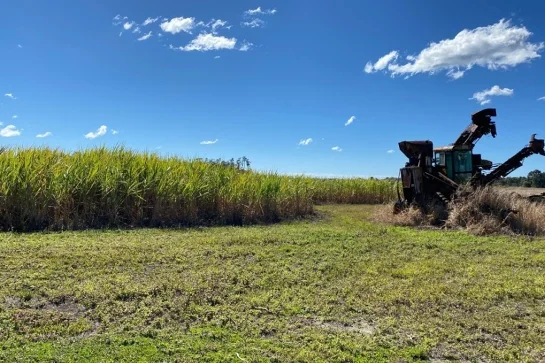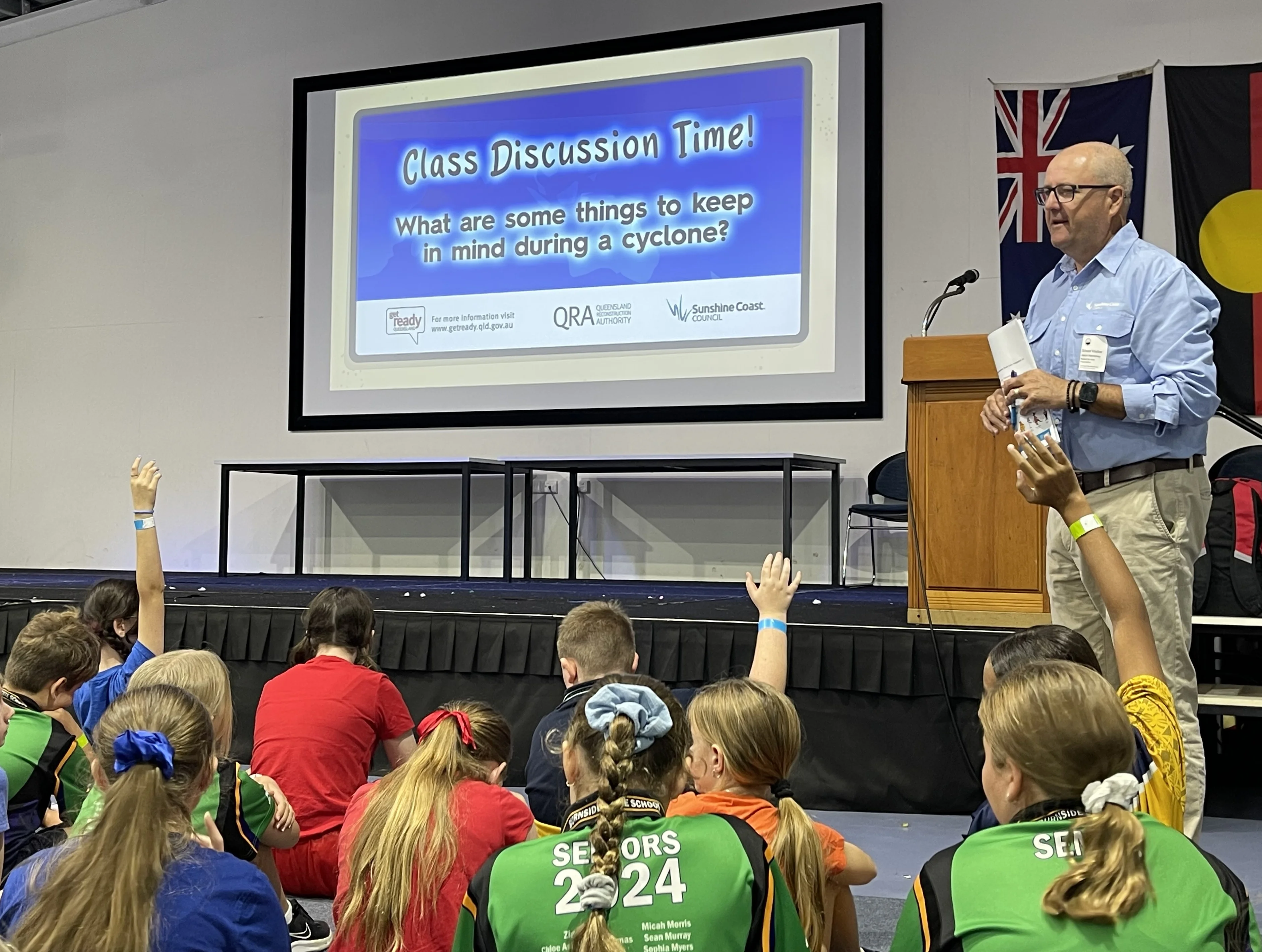The Morrison Government is backing a new era of environmental science, announcing the universities and research centres that will host four ‘mega’ research hubs in the next phase of Australia’s National Environmental Science Program (NESP).
Research will be prioritised to meet the most pressing environmental management and policy needs, with an emphasis on climate adaptation, threatened species, protected places, and waste impacts.
Minister for the Environment Sussan Ley said the new structure will bring together an exciting range of scientists in each field along with ‘on-ground’ stakeholders and Traditional Owners to tackle our most complex environmental challenges.
“We are investing a further $149 million in a flexible approach across the new hubs that informs policy and drives shared learning,” Minister Ley said.
“It is an investment that will build on the $145 million funding to date that has seen almost 400 successful science projects that are shaping policy and delivering practical environmental outcomes.
“From award winning research into shellfish reef restoration, to Crown of Thorns Starfish control, DNA ‘tracking’ of threatened species, and collaborations with international technology companies to support remote ecosystems in Kakadu, the first phase of NESP has been breathtaking.
“Over the next 7 years, the next phase of the program will see larger hubs, working collaboratively across our four priority issues, while researching practical, environmental science strategies within their own field.”
The four new NESP Hubs are:
- The Resilient Landscapes Hub will inform the management of Australia’s terrestrial and freshwater habitats to promote resilience, sustainability and productivity. This hub will provide national leadership in threatened species research, and play a crucial role in informing preparation and recovery actions for extreme events such as bushfires.
The Hub will be hosted by the University of Western Australia and led by Professor Michael Douglas and will deliver national coverage through partnerships with the CSIRO and highly regarded research institutions such as James Cook University, Griffith University, University of Tasmania, Curtin University, Queensland University of Technology, Macquarie University, University of Newcastle, University of New England, University of Southern Queensland, Flinders University, Charles Darwin University, and La Trobe University.
- The Marine and Coastal Hub will deliver research to underpin management of Australia’s marine and coastal environments harnessing a broad range of research expertise, across estuaries, coast, reefs, shelf and deep-water environments.
The Hub will be jointly hosted by the Reef and Rainforest Research Centre in Cairns and the University of Tasmania, and will be jointly led by Professor Damien Burrows from James Cook University and Associate Professor Alan Jordan from the University of Tasmania.
The Hub consortium includes research institutions like CSIRO, Australian Institute of Marine Science, Integrated Marine Observing System, Bioplatforms Australia, University of Melbourne, University of Wollongong, University of NSW, Sydney Institute of Marine Science, University of Queensland, James Cook University, Charles Darwin University, University of Western Australia, University of Adelaide, Flinders University, Marine Innovation South Australia, government agencies and museums.
- The Sustainable Communities and Waste Hub will research ways to reduce the impact of plastic, support sustainable people-environment interactions and offer management options to minimise impacts of hazardous substances and pollutants and brings cutting edge technical capabilities, particularly in the fields of waste and materials processing.
Hosted by a University of New South Wales consortium and led by, Professor Veena Sahajwalla, the consortium includes partnerships with CSIRO, Swinburne University, Monash University, Curtin University, and the University of Tasmania, as well as strong links with industry.
- The Climate Systems Hub will advance understanding of Australia’s climate and its extremes, including the fundamental drivers of rainfall, drought and bushfires, and inform climate adaptation solutions for Australia.
Hosted by CSIRO and led by renowned global ocean and climate modeller Dr Simon Marsland, the Hub consortium includes the Bureau of Meteorology, Australian National University, Monash University, University of Melbourne, University of NSW, and the University of Tasmania.
The new hubs will come into effect in early 2021, with the existing hubs running until mid-2021.
This process ensures the NESP program continues to deliver valuable research throughout the transition.







